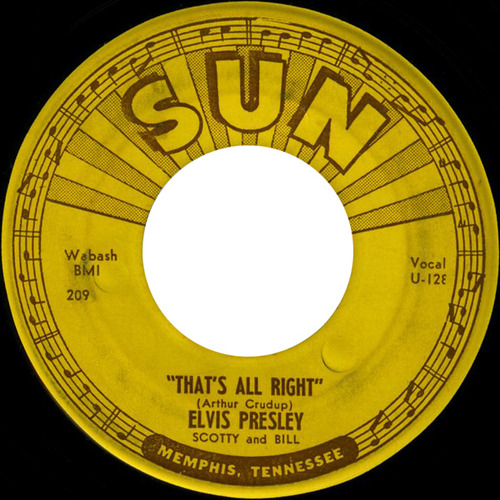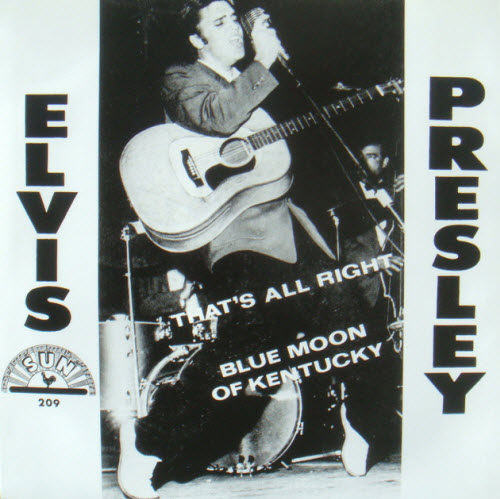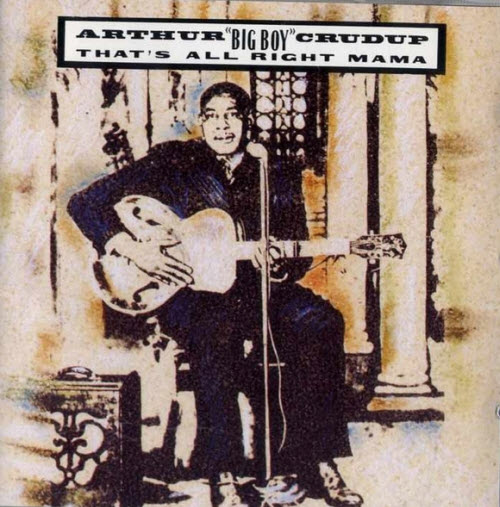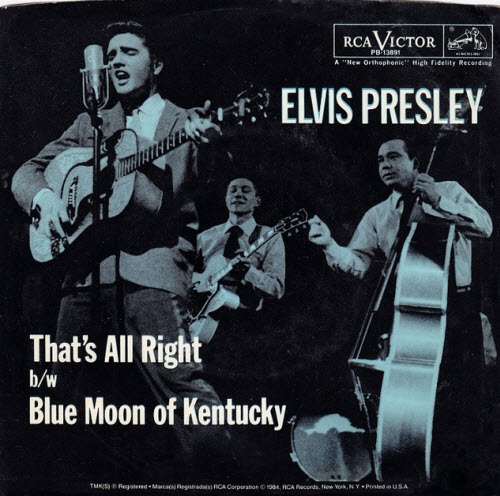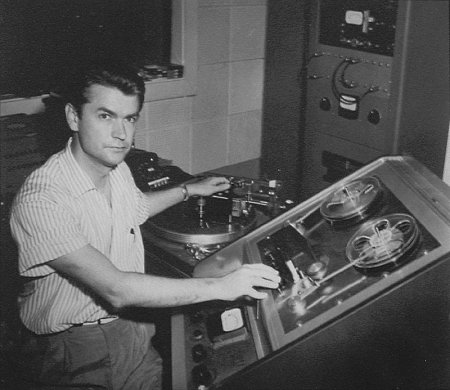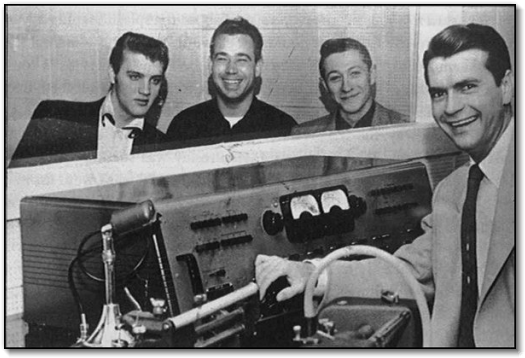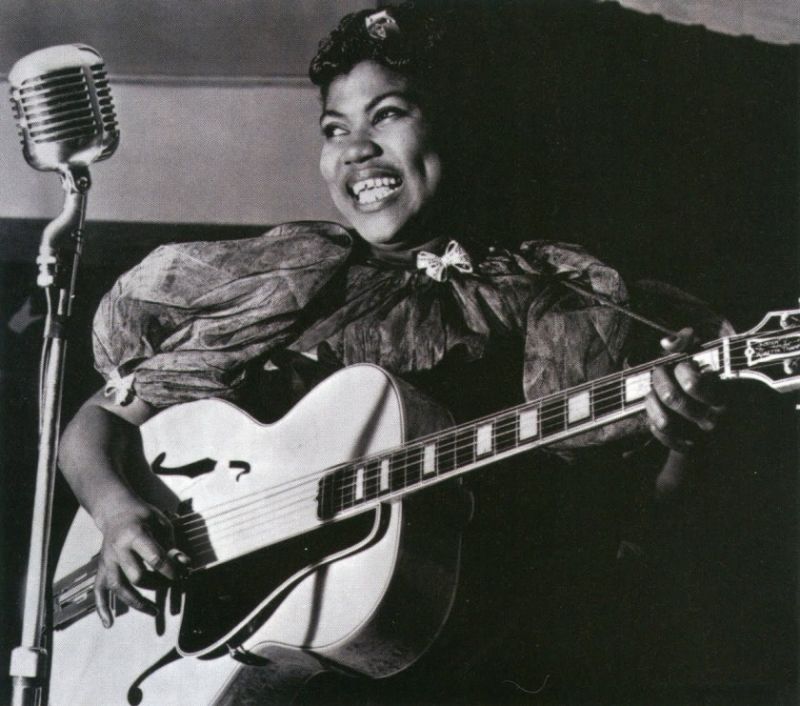
“Sister Rosetta Tharpe was anything but ordinary and plain, she was a big, good-looking woman and divine, not to mention sublime and splendid. She was a powerful force of nature–a guitar-playing, singing evangelist.”
– Bob Dylan
Sister Rosetta Tharpe (March 20, 1915 – October 9, 1973) was an American singer, songwriter, guitarist and recording artist. A pioneer of twentieth-century music, Tharpe attained great popularity in the 1930s and 1940s with her gospel recordings that were a unique mixture of spiritual lyrics and rhythmic/early rock accompaniment. She became gospel music’s first crossover artist and its first great recording star, referred to later as “the original soul sister”.
Willing to cross the line between sacred and secular by performing her music of ‘light’ in the ‘darkness’ of the nightclubs and concert halls with big bands behind her, Tharpe pushed spiritual music into the mainstream and helped pioneer the rise of pop-gospel beginning with her 1939 hit “This Train.” Her unique music left a lasting mark on more conventional gospel artists such as Ira Tucker, Sr. of the Dixie Hummingbirds. While she offended some conservative churchgoers with her forays into the pop world, she never left gospel music.
Tharpe’s 1944 hit “Down By The Riverside” was selected for the American Library of Congress National Recording Registry in 2004, with the citation stating that it captured her “spirited guitar playing” and “unique vocal style”, which were an influence on early rhythm and blues performers, as well as gospel, jazz, and rock artists. Her 1945 hit “Strange Things Happening Every Day”, recorded in late 1944, featured Tharpe’s vocals and electric guitar, with Sammy Price (piano), bass and drums. It was the first gospel record to cross over, hitting #2 on the Billboard “race records” chart, the term then used for what later became the R&B chart, in April 1945. The recording has been cited as an important precursor of rock and roll. Tharpe has been called the Godmother of Rock n’ Roll.
Sister Rosetta Tharpe – The Godmother of Rock’n Roll (Documentary):
Sister Rosetta Tharpe: The Godmother of Rock & Roll features archival performances and new interviews with Joe Boyd, tour manager of the 1964 American Folk, Blues and Gospel Caravan; Howard Carroll of gospel group The Dixie Hummingbirds, which toured frequently with Tharpe; Anthony Heilbut, gospel record producer and writer; life-long friend Roxie Moore; Ira Tucker, Jr., son of The Dixie Hummingbirds’ Ira Tucker, Sr.; Tharpe biographer Gayle Wald; and others. (PBS)
– Hallgeir


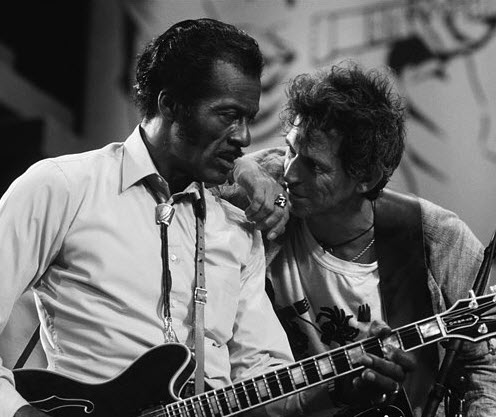
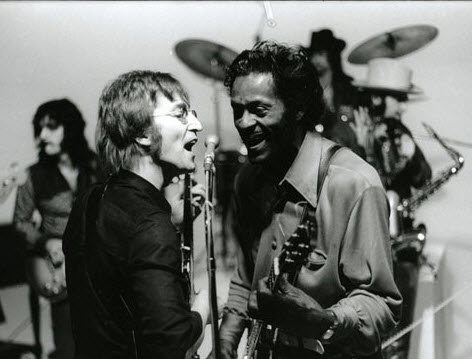
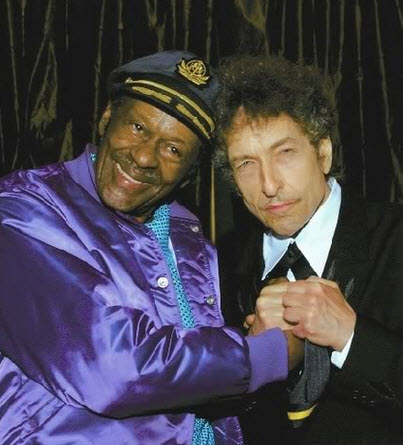
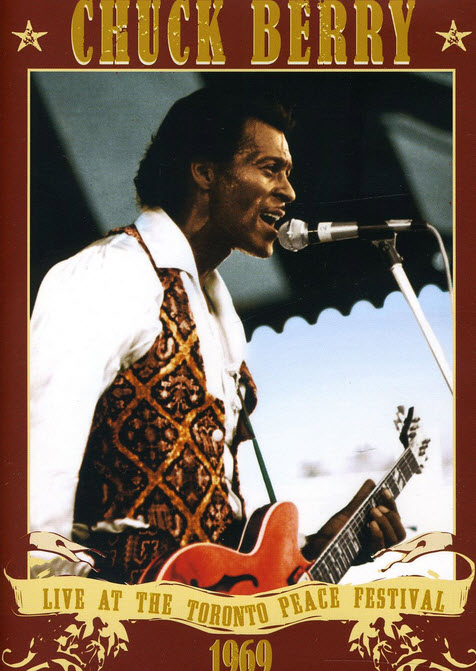
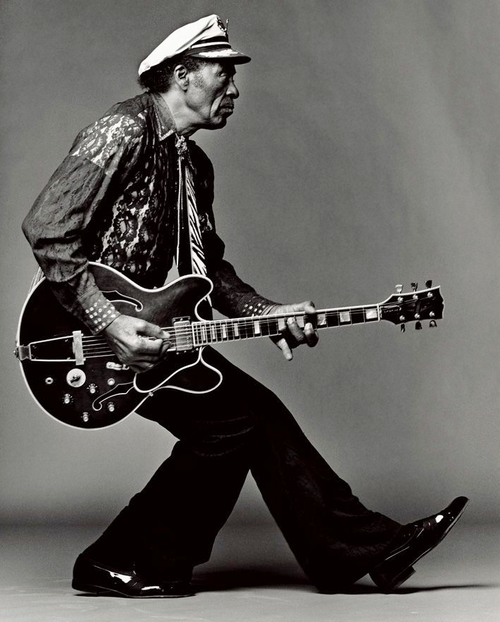
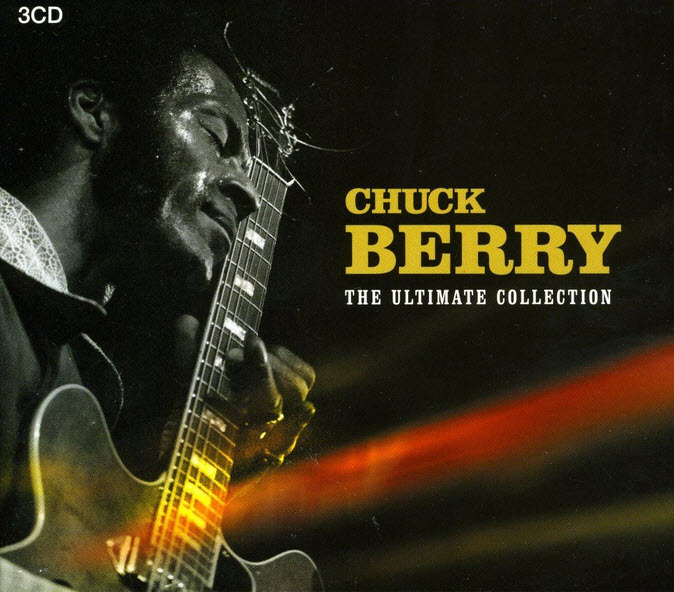
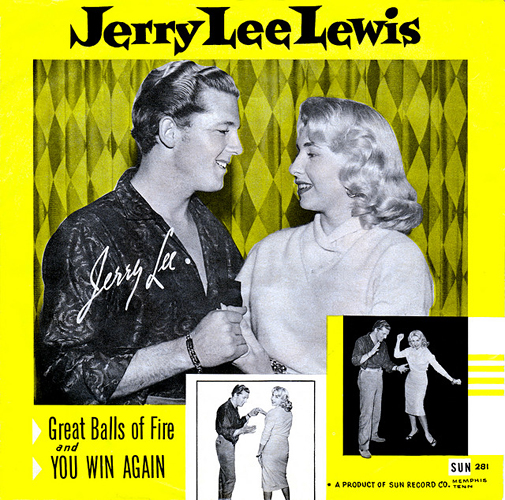

![jerryLeeLewis_thumb[3]](https://alldylan.com/wp-content/uploads/2012/10/jerryLeeLewis_thumb3.jpg)
